Sir, Blockchain is considered one of the fundamental technologies that promote digital transformation and economic model innovation. In your opinion, what are the factors that help blockchain truly contribute to the Vietnamese economy – not only in terms of technology but also in strengthening trust and transparency in governance?
The core thing that blockchain brings is the infrastructure of digital trust – where every transaction, data or value can be transparently authenticated without depending on a single intermediary.
The three goals that blockchain aims for are a more equal, open, and trustworthy economy. Transparency and fairness are not only the consequences, but also the means by which this technology will reach those goals.
Blockchain is a technology that aims for a freedom economy, where all subjects – from users, businesses to management agencies – can interact on a transparent, equal platform. When trust is “programmed”, financial activities become more transparent, supply chains are more clearly verified, and corporate governance becomes more sustainable and responsible.
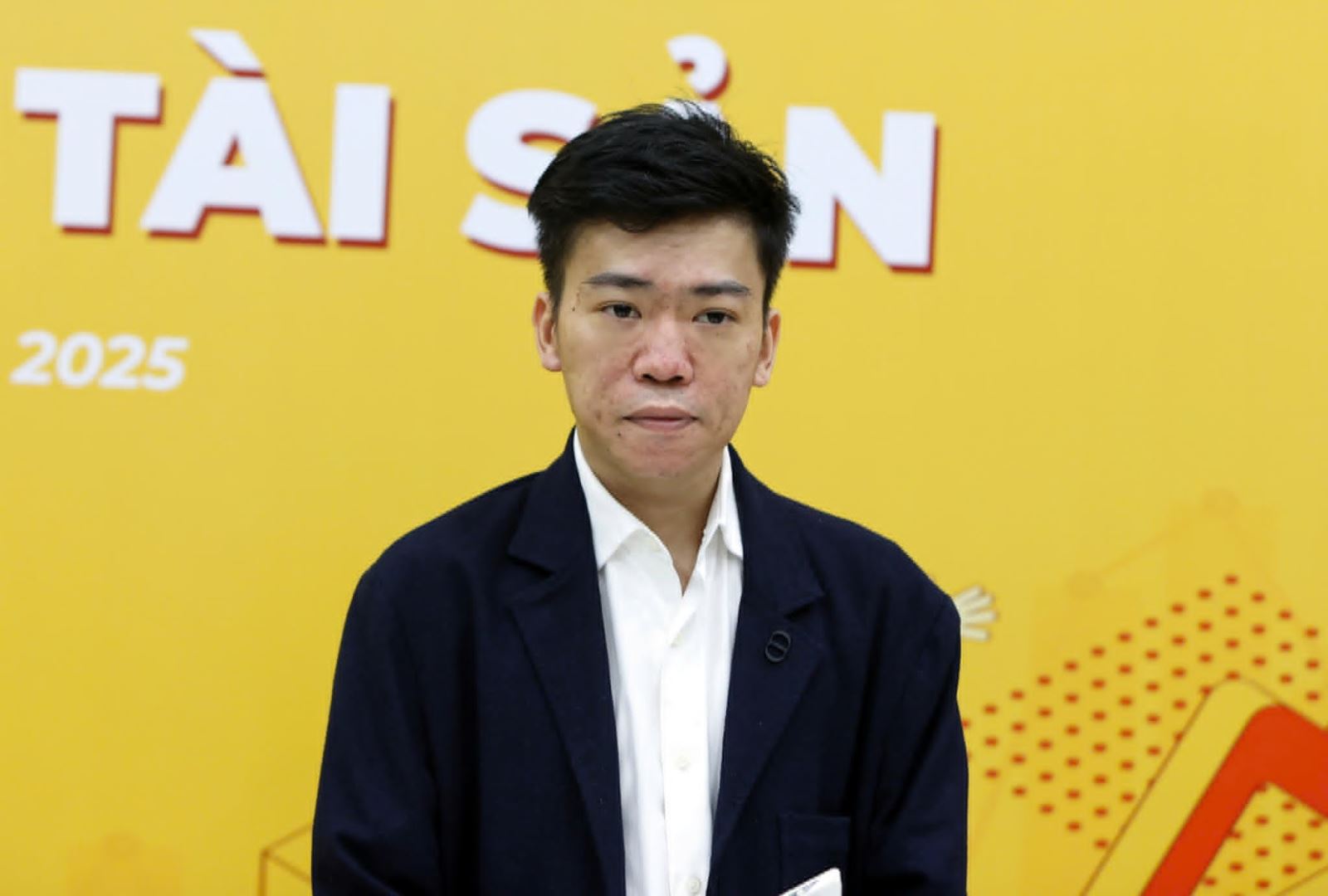
Vietnam is aiming to build international financial centers in Da Nang and Ho Chi Minh City. From your perspective, how does this development open up opportunities for fintech businesses and blockchain platforms to connect with the global financial ecosystem?
The formation of international financial centers is a strategic step for Vietnam to integrate more deeply into the global financial flow. This is not only a story about capital, but also a story about technology and modern financial management capacity.
Fintech and blockchain companies can serve as the operating infrastructure for new financial instruments – especially digital assets, smart contracts, or decentralized adaptive finance (DAFi) models. Thanks to blockchain, the financial system can become more flexible, transparent, and less dependent on intermediary layers.
This not only helps promote a free, fair and sustainable financial system, but also opens up opportunities to improve competitiveness and attract international investment capital. Vietnam can absolutely become an attractive destination for investors interested in financial technology and innovation.
Many experts believe that blockchain can create new growth drivers for digital capital, trade and labor markets. Based on your experience, how do you assess the potential of this application in the current practical conditions and legal environment in Vietnam ?
Vietnam has a very active blockchain technology community, especially in areas such as GameFi or Metaverse, which have been internationally recognized. However, blockchain applications in traditional trade, capital markets or labor are still quite limited. The potential of blockchain in these three areas is huge.
In the capital market, this technology helps to make capital flows transparent, supports asset tokenization and facilitates fast and secure cross-border transactions. In trade, blockchain helps to build a transparent supply chain system, trace the origin of goods - a factor that is increasingly valued by international consumers and importers. In digital labor, blockchain can become the foundation for digital identity and transparent career profile management, helping to form a global labor market.
Currently, many large enterprises in the banking, logistics, and insurance sectors have begun to deploy controlled testing processes, thereby gradually forming blockchain application models suitable for domestic legal conditions.
As blockchain becomes more embedded in the economy, legal, liquidity, and ethical risks become major concerns. What do you think is the right approach to managing risk while still encouraging innovation?
The right approach is not “ban” or “free-rider”, but “adaptive management” – that is, both control and encouragement. This is a necessary mindset in today’s rapidly changing technology era.
An important tool is the Sandbox, which allows businesses to test new models within a limited scope, under the supervision of the management agency. This gives managers real-world data to improve policies, and businesses a safe environment to innovate.
At the same time, it is necessary to classify risks according to application areas – such as traceability, logistics, healthcare or digital assets – to have appropriate governance mechanisms. Regardless of the area, core principles must still be ensured: protecting users and investors, preventing money laundering, and ensuring national financial security.
Most importantly, technology must be human-centered, serving sustainable development instead of just following short-term trends.
At the international level, many countries are making efforts to build a legal framework to manage blockchain and digital assets. What do you think about this trend, and what steps does Vietnam need to prepare to both integrate and ensure safety for the domestic market?
This is an inevitable trend. Blockchain has passed the testing phase to prove its true potential – not just as a technology trend, but as the infrastructure of the global digital economy.
Many countries are now taking a more open approach, viewing blockchain as a tool to increase efficiency and transparency in the economy. The European Union has issued the MiCA framework for digital asset management; Japan, Singapore, the UAE and South Korea are all forming proactive, flexible management systems based on dialogue and experimentation.
For Vietnam, this is the time to take advantage of to break through. The government is actively perfecting the legal corridor, supporting businesses to exploit the potential of new technology. However, the important factor is to strengthen dialogue between management agencies and businesses, listen to practice to adjust policies promptly.
If this can be done, Vietnam can both deeply integrate into the global flow and build a safe, transparent and sustainable blockchain market, making an important contribution to the national digital transformation process.
Thank you very much!
Source: https://baotintuc.vn/kinh-te/ha-tang-niem-tin-so-cho-nen-kinh-te-moi-20251113115214999.htm







![[Photo] General Secretary To Lam visits Long Thanh International Airport Project](https://vphoto.vietnam.vn/thumb/1200x675/vietnam/resource/IMAGE/2025/11/13/1763008564398_vna-potal-tong-bi-thu-to-lam-tham-du-an-cang-hang-khong-quoc-te-long-thanh-8404600-1261-jpg.webp)






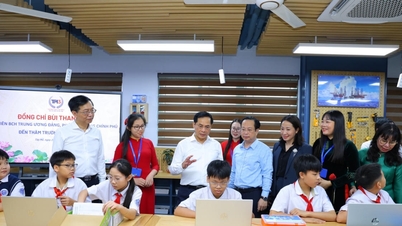


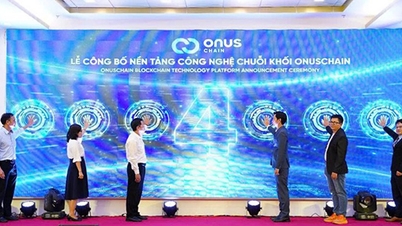
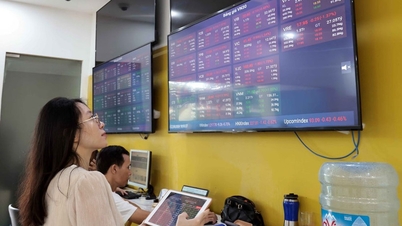
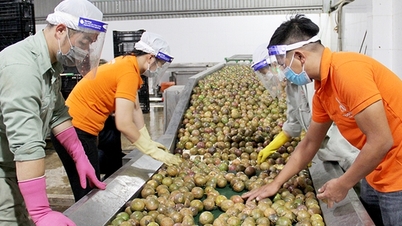












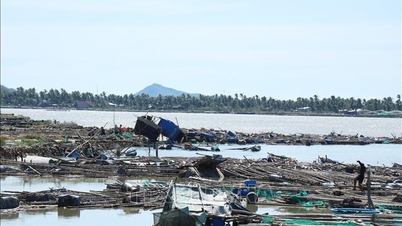
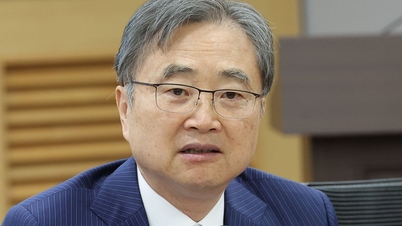
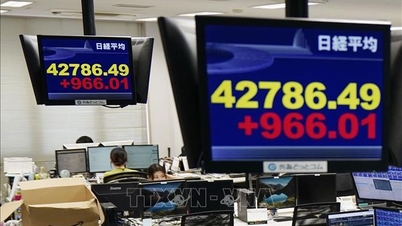























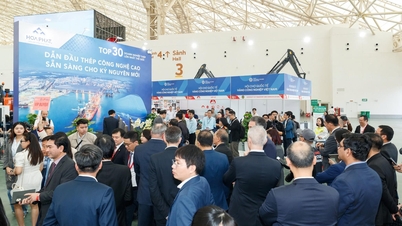
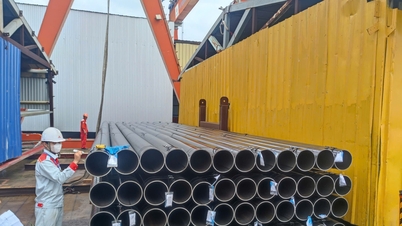












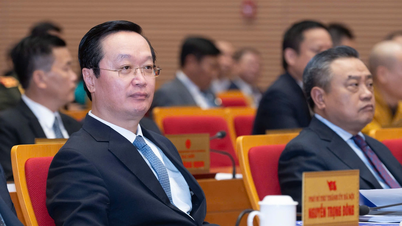



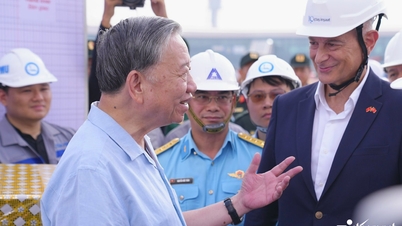
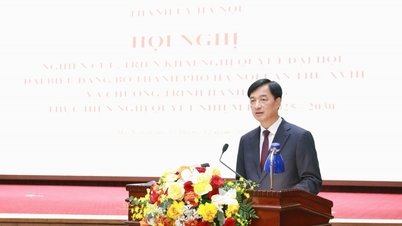



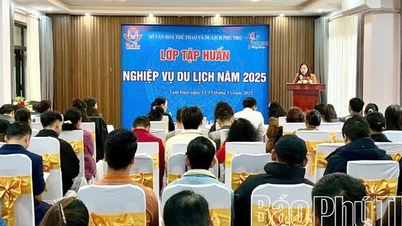

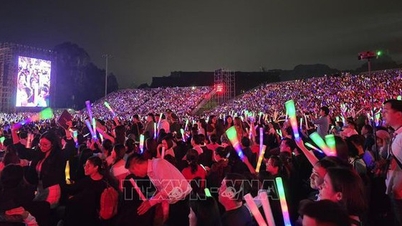
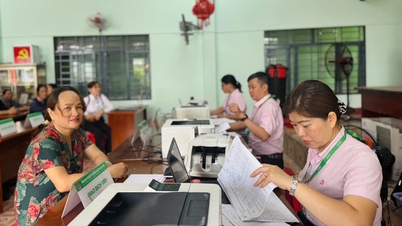

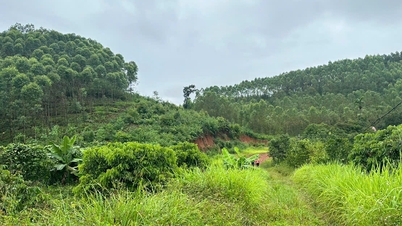

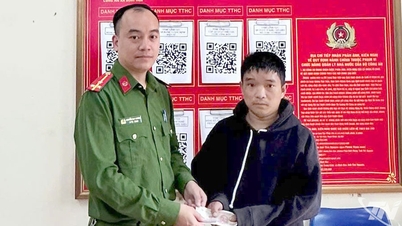

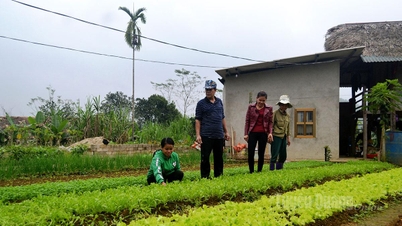

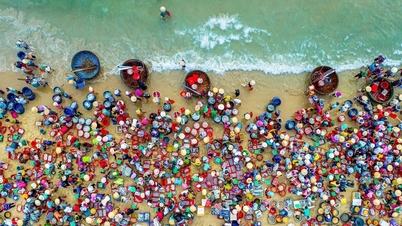








![Dong Nai OCOP transition: [Article 3] Linking tourism with OCOP product consumption](https://vphoto.vietnam.vn/thumb/402x226/vietnam/resource/IMAGE/2025/11/10/1762739199309_1324-2740-7_n-162543_981.jpeg)







Comment (0)